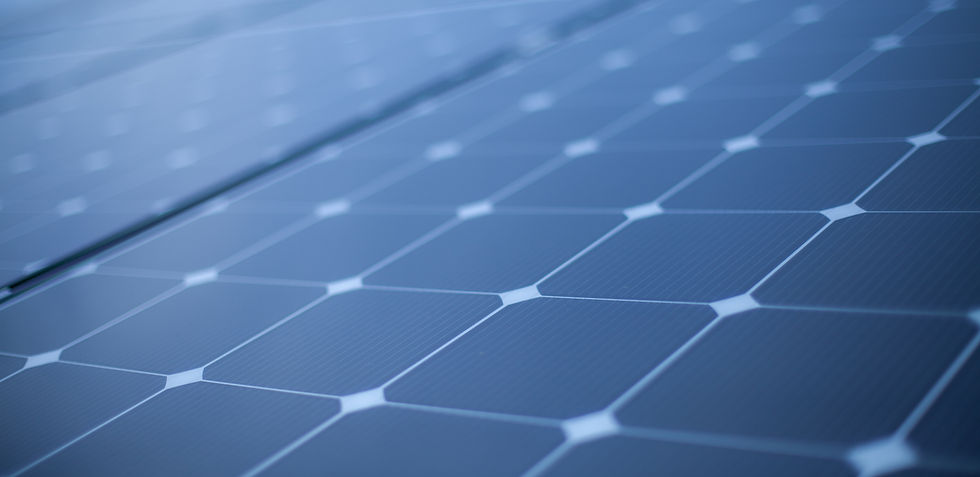Solar panels work by harnessing the energy from sunlight and converting it into electricity through a process known as the photovoltaic effect. Here's a simplified explanation of how solar panels work:


1. Solar Cells: Solar panels are made up of many individual solar cells, which are typically composed of semiconductor materials like silicon. These materials have special properties that allow them to convert sunlight into electricity.
2. Absorption of Photons: When sunlight hits the surface of the solar panel, it consists of tiny packets of energy called photons. Solar cells are designed to absorb these photons.
3. Excitation of Electrons: When photons are absorbed by the solar cell, they transfer their energy to electrons in the semiconductor material. This energy excites the electrons, causing them to become "energized" and move around.


4. Generation of Electric Current: The movement of these energized electrons creates an electric current. This current flows through the semiconductor material and can be captured as electricity.
5. Electric Field: Solar cells have an electric field across them, which helps direct the flow of electrons in a specific direction. This electric field is typically created within the solar cell by introducing different types of semiconductor material to create a "p-n junction."
6. Direct Current (DC) Output: The electricity generated by the solar cells is in the form of direct current (DC). This is the type of electricity produced by batteries. However, most of the devices we use in our homes and businesses run on alternating current (AC). To make the electricity usable, an inverter is used to convert DC electricity into AC electricity.
7. Usage or Storage: Once the DC electricity is converted to AC electricity, it can be used to power electrical appliances, lights, or fed into the electrical grid. In some cases, excess electricity can be stored in batteries for later use.
It's important to note that the efficiency of solar panels can vary based on factors like the quality of the solar cells, the angle and orientation of the panels toward the sun, and local weather conditions. Additionally, solar panels only generate electricity when exposed to sunlight, so they are most effective during daylight hours and are dependent on the availability of sunlight in a given location.

Comments